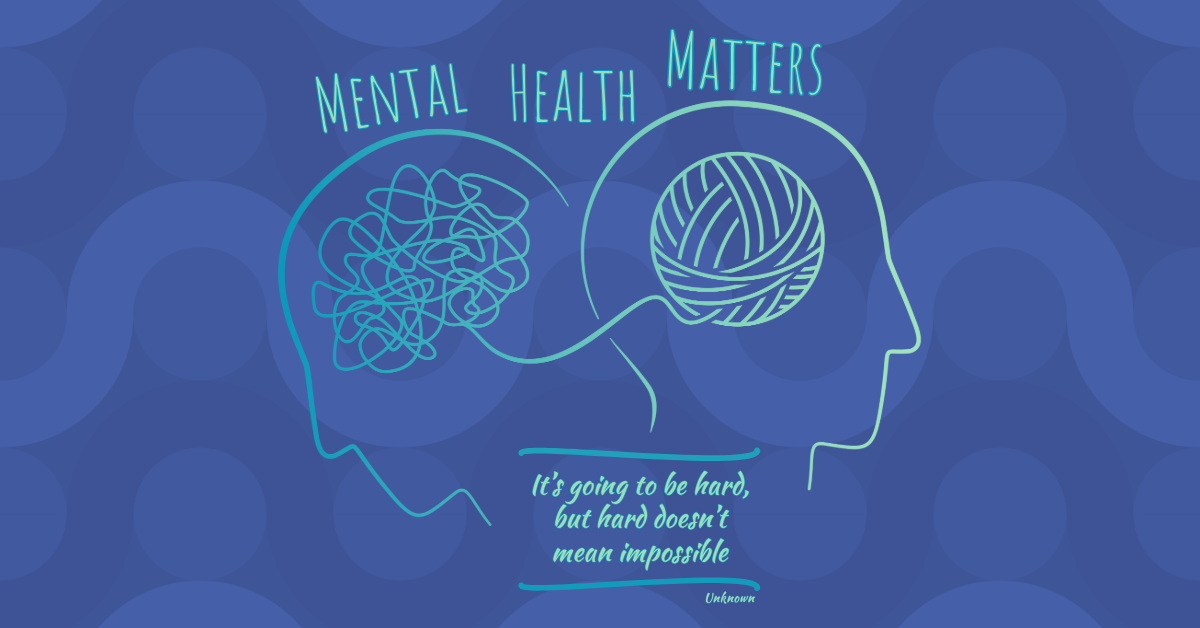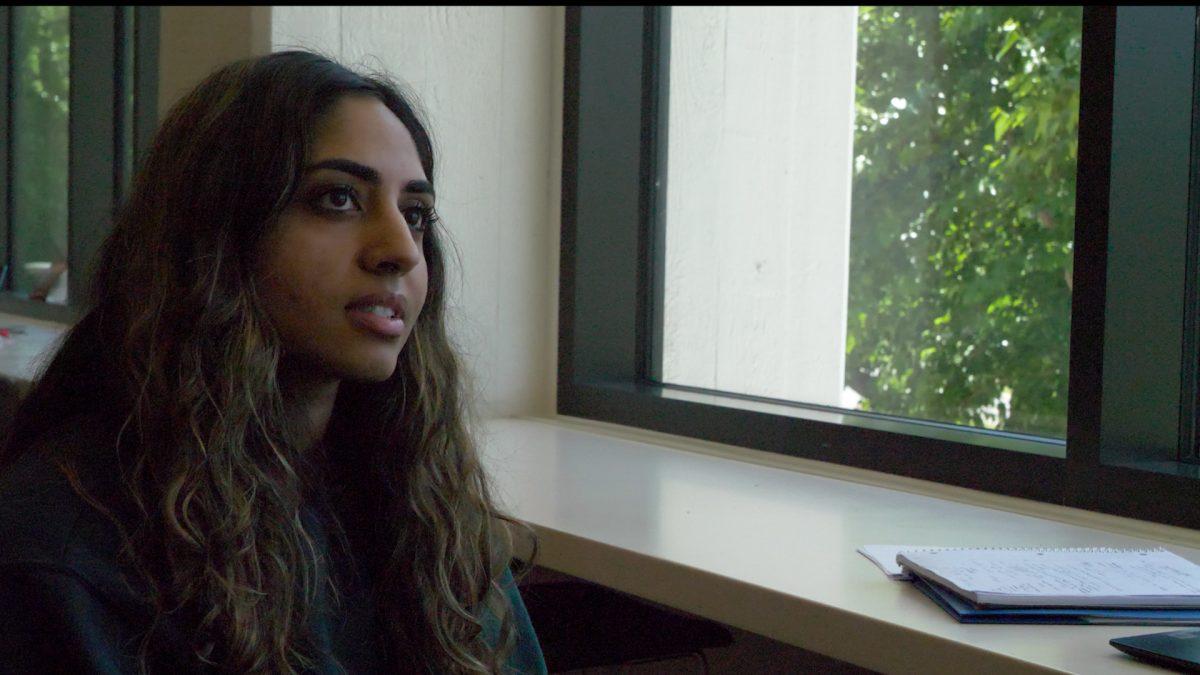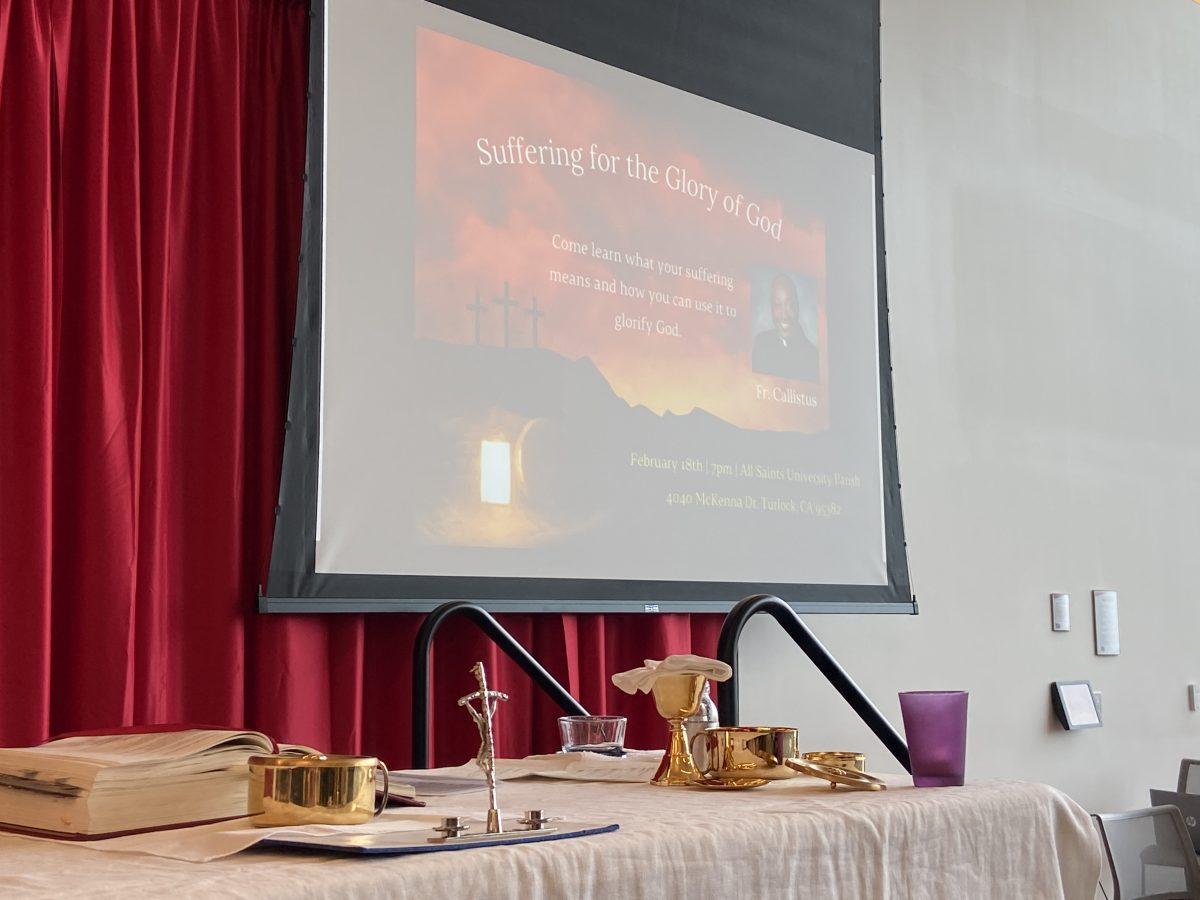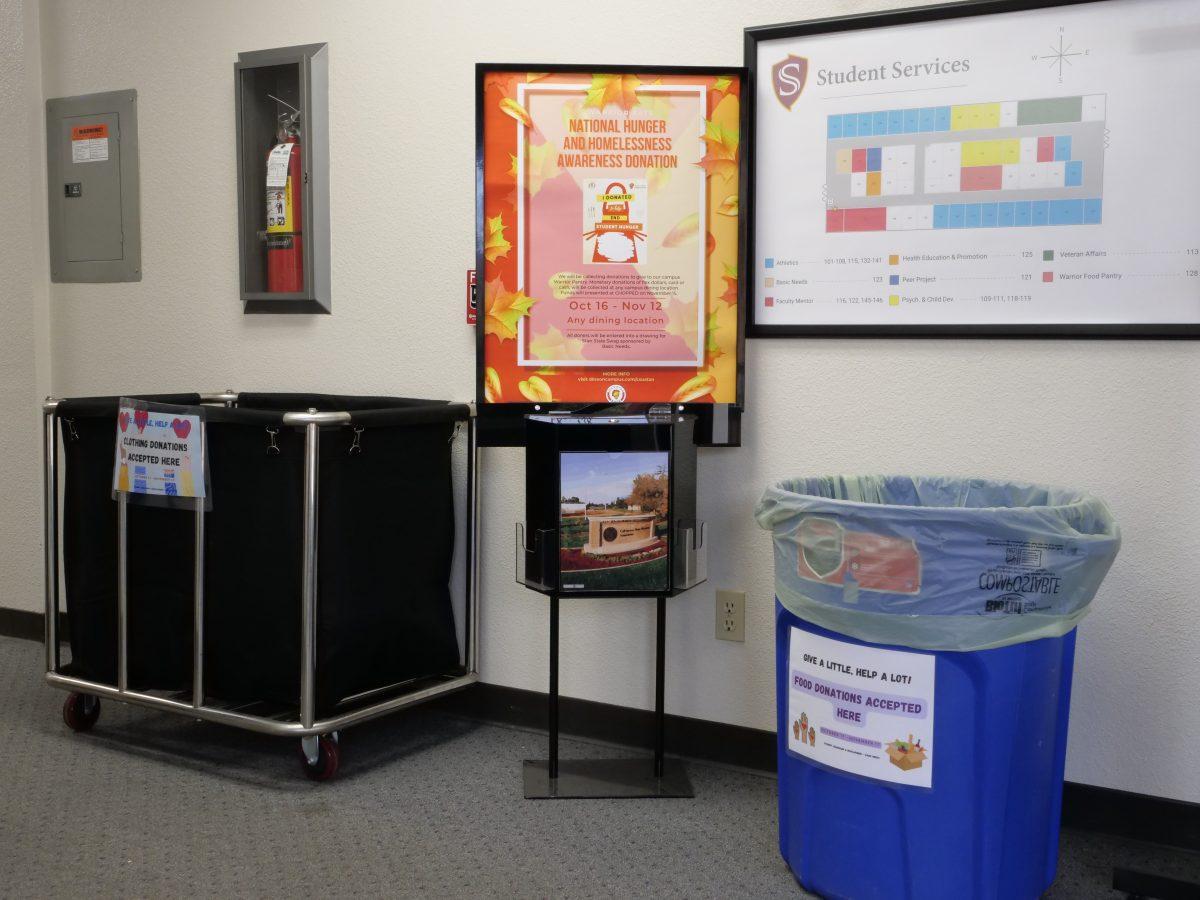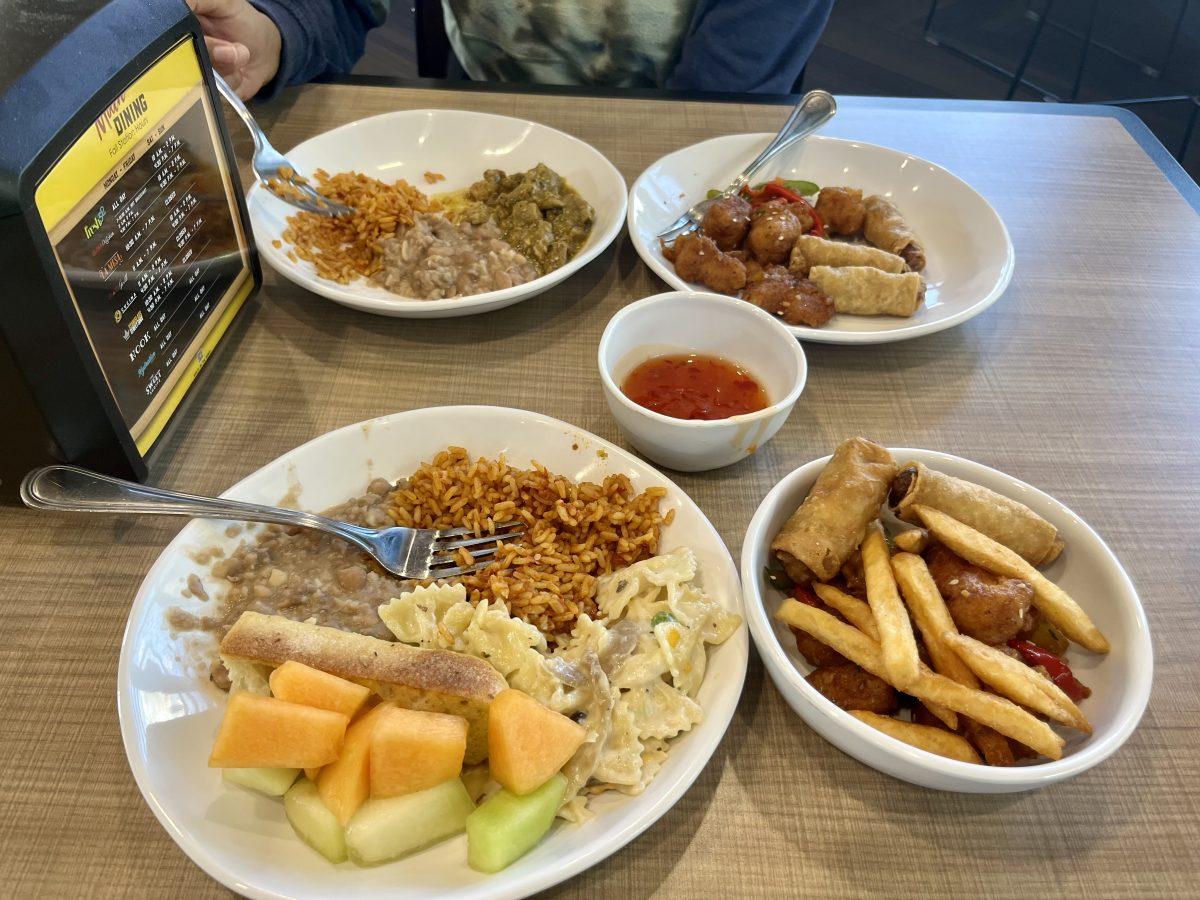On Thursday, April 15, the Stan State Student Leadership & Development Committee held an event in regards to sexual violence prevention and recovery.
The hour and a half event was hosted by Brittany Piper, who is a rape survivor, activist, storyteller, and founder of the functional breakTHROUGH method. Piper shared her personal experiences in hopes to spread awareness to sexual violence and to stand up for survivors who have been assaulted.
Piper is 33 years old and has traveled to 27 countries to spread awareness of sexual assault after she was sexually assaulted in 2009.
Now, over 10 years have passed, and she refuses to be silent.
“We shouldn’t have to experience sexual assault or know someone close to us who has experienced it to care,” Piper said. She encourages everybody not only to sympathize but to empathize with survivors.
Piper kicked off the event by informing and explaining what rape culture is and how it might have become so common. She explained that media tends to include sex. It is advertised on billboards and is found in magazines, video games, music, television shows and movies. Piper claimed there are little to no preventative resources for rape culture.
According to Piper’s studies, she has found that parents are no longer taking the initiative to talk about sex with their children. She found that over 60% of youth learn about sex through pornography. Piper says that she was one of those individuals who had to learn about sex through pornography, and it wasn’t until her early 20s that she understood what healthy consensual sex was.
With youth being exposed to pornography without proper education on healthy sex and relationships, there can be devastating implications.
According to Piper, individuals that have been exposed to pornography have a 22% increase in sexual aggression and a 31% increase in the acceptance of rape myths. Rape myths include false beliefs that female sexuality should be based on submission and male sexuality on domination, the idea that men don’t get raped, and that saying “no” is just playing hard to get.
Sexual assault can happen anywhere, but one of the main places it occurs is on college campuses.
Piper explained that “1 in 5 women, 1 in 16 men, and 1 in 4 LGBTQ community members will experience some form of sexual violence while on a college campus.” Colleges have implemented prevention and safety programs like Title IX, but Piper says that there are other ways to prevent or combat sexual violence.
One of the other measures that Piper mentioned is primary prevention, in which a survivor shares their story to someone who has never experienced sexual violence but empathizes with the person and steps in. There is also secondary prevention, which Piper explained is when a survivor shares their story with someone who has also been assaulted and who encourages the survivor to report or share their story. Piper explained that an assault happens roughly six times before somebody speaks out.
In closing, Piper shared her steps on how to help when listening to a survivor.
1. Don’t control or take the lead when they are explaining their story.
2. Give them undivided attention and support.
3. Give praise and encourage them to keep talking and reaching out about it.
4. Offer further support. Do not disappear and ghost them.
5. Try to contain your emotions. Do not break down.
6. Refrain from saying things like “You’ll get over it” or “Everything happens for a reason.” If you don’t have anything supportive to say, then just listen.
To survivors of any kind of assault, Piper gave some words of reassurance.
“Things get better over time. The triggers never disappear. Will they be as bad as they are when they happen? Definitely not. Healing is a lifelong journey, you’re not going to wake up one day and be cured. Sexual assault is an imprint that lives with you forever, and it’s more so about learning to coexist with that pain and coexist with that experience in a much more loving and compassionate way,” Piper explained. “The road to survivorship is hard and it is messy and isn’t perfect… it’s okay to not be okay.”
If you or anybody you know have been a victim of assault, you can visit the Psychological Counseling Services website. Below are other resources that may be useful.
Warm Line Support: (209) 558-4600
Crisis: Text HOME to 741-741
University Police (Non-Emergency): (209) 667-3114
Rape Crisis Hotline: (209) 527-5558


